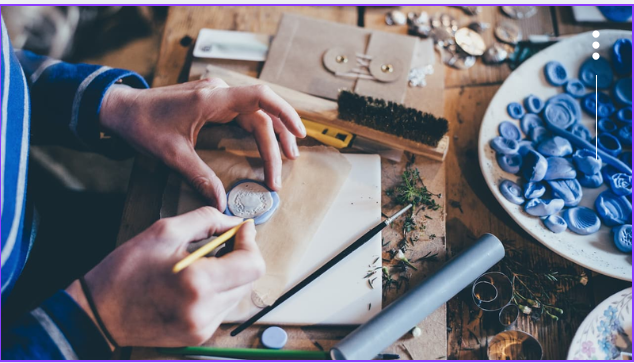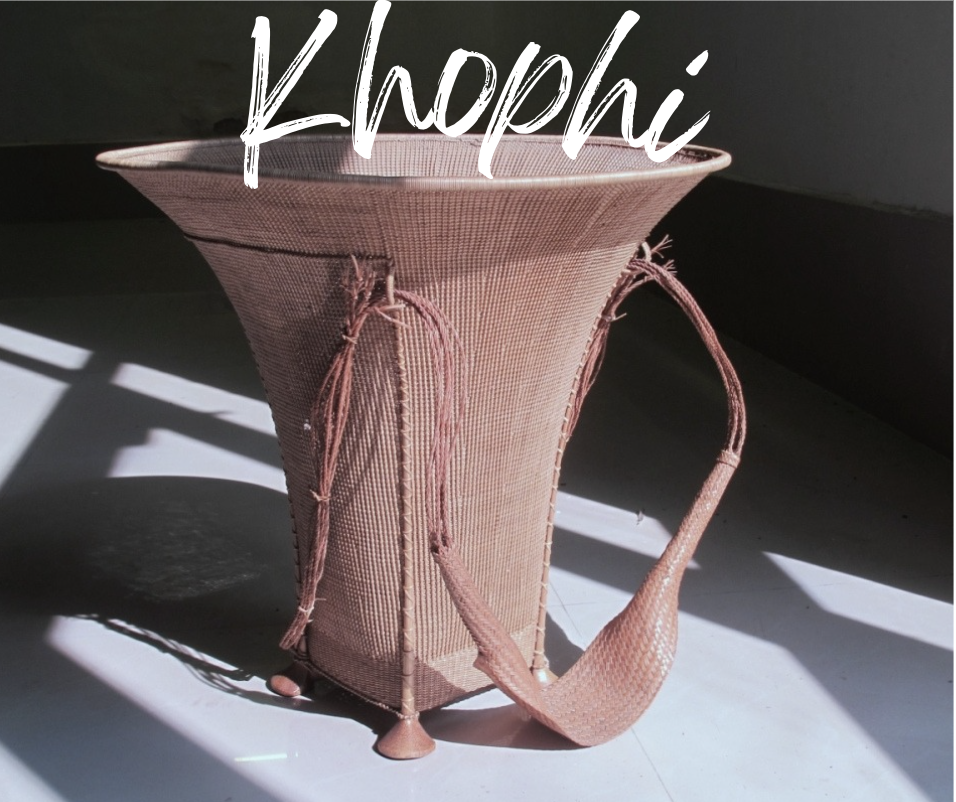What Is Ethical And Sustainable Beauty And How Do We Achieve This?
Feb 26, 2022 | Saima Khan

What is Ethical and Sustainable Beauty and how do we achieve this?
Sustainability and ethics are terms you will often hear thrown around by companies and brands to attract customers. Whether the brand focuses on fashion, food or even stationery, customers are keen to know if they are sustainable. This highlights how it is something that has become an integral part of today's society, with the new generation taking a stance when it comes to protecting the planet.
And this is no different for Beauty brands, with skincare and makeup becoming highly popularised over the last few years due to drugstore brands. Since they’re a lot more affordable, beauty becomes more accessible to people as they are able to “experiment[...] with the newest products on the market.”
So, what actually makes beauty both sustainable and ethical?
Let's begin by defining the term ethical:

Essentially, something being ethical relates to the fact that it adheres to moral principles.
There's no wonder as to why customers prefer ethical products over non-ethical products. Now since beauty is ever-evolving, what ethical beauty is will also change over the years. However, right now brands that focus on being ethical mainly focus on how their products are sourced, if the people and place it was sourced from are being treated fairly and also ensuring both animals and humans were not harmed in the process of extracting their products.
This propels brands into actively understanding their supply chain, it ensures they know that the way in which their raw materials are extracted is fair. This can almost verify that the people working on the other end of the supply chain have a positive working environment and that they are not exploited.
Some ethical brands even have a policy that states they will give something away if you purchase from them and some are even a part of the Fairtrade Foundation!
This allows customers to understand that the brand actually cares about their employees, as well as the area their raw materials are extracted from. In a way this also alludes to the fact that the brand may also be sustainable as well as ethical, however the line between what ethical and sustainable are ever so slightly blurred. So now let's delve into what it means to be sustainable!
What does it mean to be sustainable?
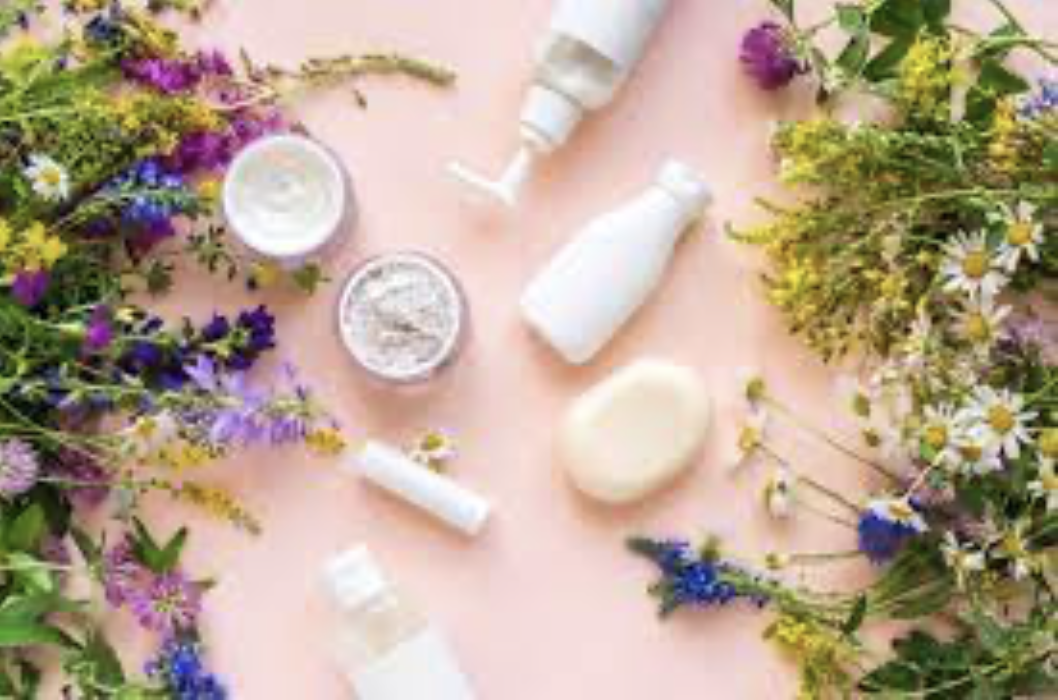
Well, in a nutshell sustainability is ensuring that the the ingredients used in a product will not have long term negative impact on the environment. Essentially it's about actively ensuring the whole process of making the specific product has the smallest impact on the environment. This means brands have to think about everything, from the raw materials being extracted, to what packaging they're going to use and how it's going to be delivered to potential consumers.
Sustainability is so essential we can now see it pop up in almost every industry including the jewellery industry and you can find out more about that here!
What it means to not be sustainable…
Ethics and Sustainability in beauty:
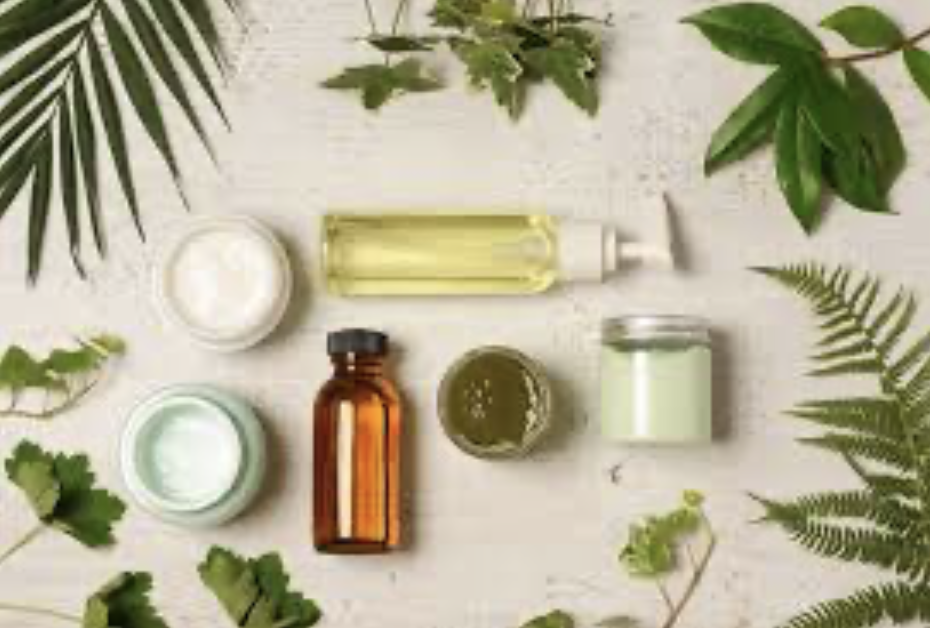
Now let's talk about what's on every beauty fanatics mind right now… sustainable and ethical beauty!
Now that we know more about different ingredients and how they may be harmful and toxic to our bodies, brands are starting to work towards reducing toxic ingredients from their products, as they look for safer alternatives not only do the ingredients used in the products need to be safe for the customers, they also need to be clean enough so that do not leave a negative long term impact on the environment. Customers also demand that the raw materials in products must be framed in an ethical manner, so that the locals of the region of sourcing are not affected or treated in an ill manor. For example beauty brands Loreal Paris and Revlon have decided to ethically source their mica which is a mineral that helps add pigment to makeup. This is essential as sometimes mica is processed through highly unethical means such as child labour.
This is something that is now expected of beauty brands by customers. Before we could define a good beauty brand as one that delivers excellent quality of products. This is no longer the case and customers are demanding that brands should also be ethical and sustainable as well as being able to deliver excellent quality of products and rightly so!
The question now lies in how brands can be both ethical and sustainable and below we can explore this together!
Sustainable ethical packaging
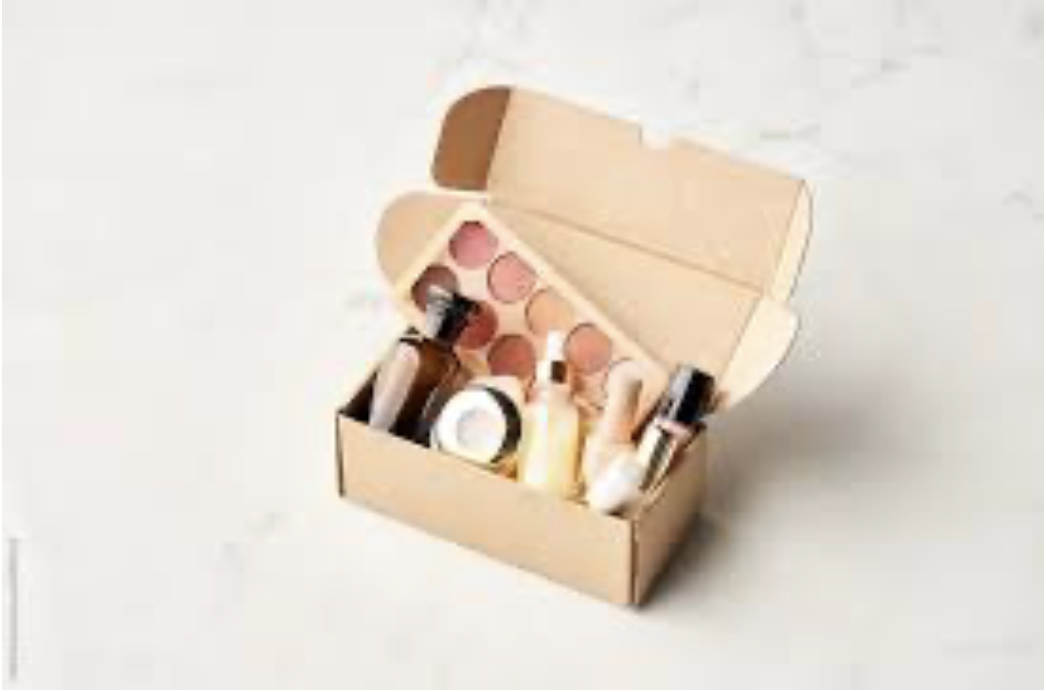
As brands become more conscious about their impact on the environment, beauty consumers are more aware about the packaging of their products. This means brands are now moving to more sustainable and ethical packaging. To achieve this, the packaging may be made from recyclable materials such as recyclable plastics. The packaging could also be made so that it is easily reusable. For example if the customer purchases moisturiser, once that product has finished they do not need to repurchase it, but rather they just need to buy the filler. The filler would come in a recyclable pot so that the customer can refill their old moisturiser pot with it, this is something that Charlotte Tilbury does incredibly.
Sustainable and ethical packaging also focuses on the packaging that products come in once they are shipped to the customers. Now that we live in the era of covid, most of us are fans of online shopping. However this can have consequences of its own, as it can increase the carbon footprint of the planet. Despite this, brands can try and focus on ensuring that the packaging their products come in are either biodegradable or recyclable, as well as ensuring their packaging is not too excessive - as this is a waste of materials.
Sustainable ethical sourcing and ingredients

In order for brands to be both sustainable and ethical they must source ingredients and raw materials which do not have a negative impact on the environment, whilst fairly treating those who help them source the materials.
For some brands it is important the ingredients are vegan or cruelty free as well as non toxic. It is important that these factors are taken into consideration when sourcing ingredients and raw products. As mentioned before many beauty brands are working towards ethically sourcing their mica and therefore reducing horrific practices such as child labour.
Another key aspect of ethical and sustainable sourcing of ingredients is the development of good relationships between brands and the diverse communities they may source from. This would reduce factors such as over sourcing and als ensure employees from these specific communities and the community at large do not feel as though they are being taken advantage of. This is something the brand Estee Lauder does very well. When sourcing their Australian Sandalwood, an essential oil, they ensured to have a strategic relationship with the Kutakabubba Aboriginal community in the west of Australia. This was to ensure equitable and sustainable harvest of the Australian Sandalwood trees for their essential oil.
Sustainable work environments

A sustainable and healthy working environment would increase employees productivity and motivation thus allowing brands to thrive more.
But what actually is a sustainable work environment?
Well it means that brands will take care of their employees - their most important asset by safeguarding their health and well being, as well as their welfare.
This is something that is now incredibly important to consumers, as they look to brands that take care of their employees!
Due to the pandemic, the working environment of employees has been highlighted. More and more beauty brands have a Modern Slavery Statement showing that they are moving towards preventing modern slavery within their supply chains.
Products that are palm oil free
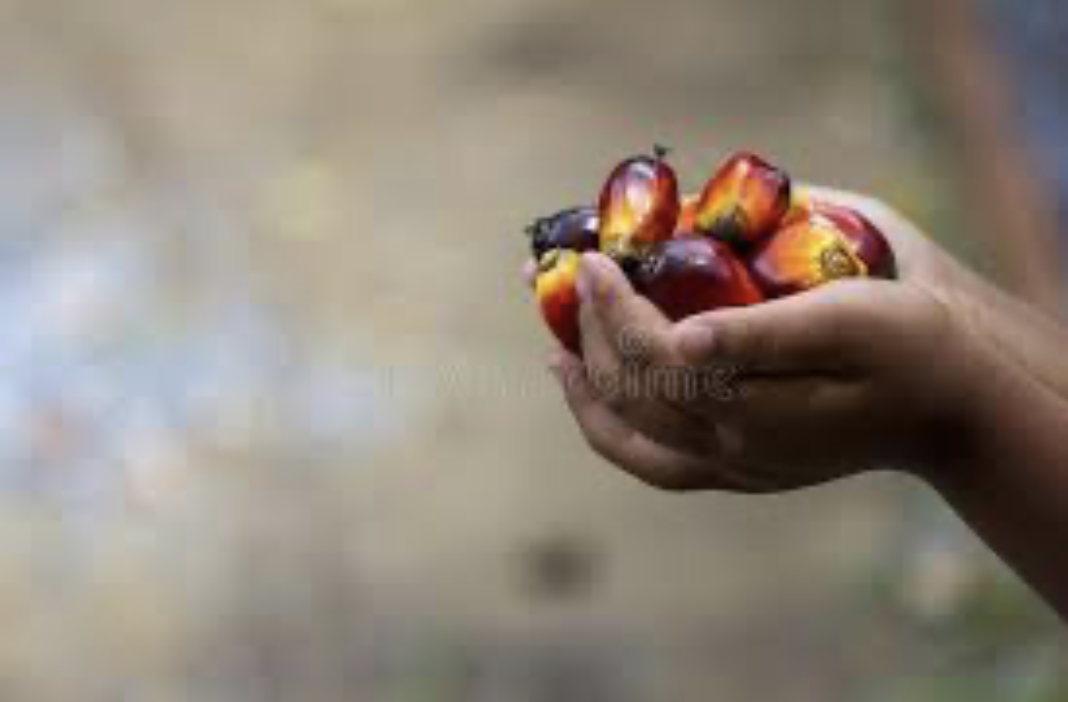
Palm oil is used not only in beauty products but almost all products we find in supermarkets today. This is because it is a versatile oil. However, palm oil is a major factor of deforestation of some of the most biodiverse forests and the sourcing of palm oil leads to the destruction of habitats of a wide array of endangered species.
Palm oil sourcing also has major links with exploitation of workers and child labor which are serious issues which must be tackled. It is for this particular reason many beauty customers look for products that are palm oil free!
Palm oil sourcing contributes to a large amount of deforestation particularly in Indonesia and Malaysia. Many beauty brands such as Estee Lauder are members of the Roundtable on Sustainable Palm Oil (RSPO) which means they have made commitments to source their palm oil sustainably, preventing deforestation and in turn protecting human rights.
Conclusion
Although it may seem daunting to build a beauty brand that's both sustainable and ethical, it's important to remember to take baby steps. This will stop you from getting overwhelmed as it's quite daunting having to tick all the boxes. It's more important that you are aware of what makes your beauty business sustainable and ethical and what the importance of this is. It's also key to always listen to your consumers as they will indicate to you what's important in regards to sustainability.
Finally enjoy the process of building a sustainable and ethical beauty brand and if you're a consumer keep demanding that businesses stay ethical and sustainable!
Let us know if you have any questions, here at Rural Handmade we’re always happy to help!
Recommended

